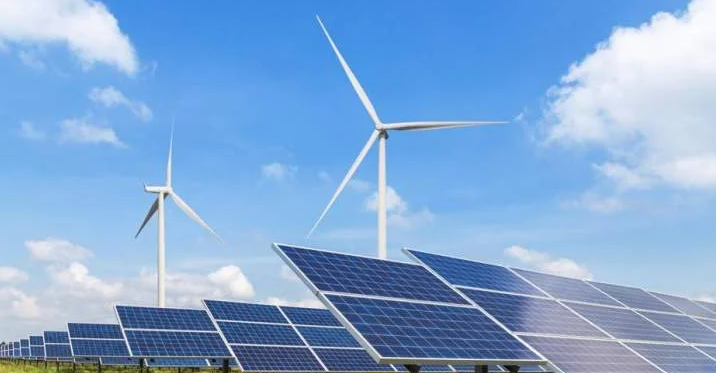Sweden, Switzerland, and Norway lead a host of European countries judged by the World Economic Forum as those most ready for the global energy transition, while Canada, Australia, and South Korea are the only Advanced Economies performing well below the average, due primarily to poor environmental sustainability policies.
These are the primary findings from the World Economic Forum’s Fostering Effective Energy Transition report, published on Monday. The report contains the Forum’s Energy Transition Index (ETI) which compares the energy sectors of 115 countries and analyzes their readiness for the energy transition — described by the Forum as “the readiness of their macro environment for transition to a secure, sustainable, affordable and inclusive future energy system.”
The underlying determination from the report is that, globally, the energy transition has slowed, with the year-on-year increase of the global average score on the Forum’s ETI the lowest of the last five years. “Three years after the global milestone of political commitment through the Paris Agreement, this lack of progress provides a reality check on the adequacy of ongoing efforts and the scale of the challenge,” the authors of the report explained.
Conversely, energy security and access continued to show strong growth driven by strong gains in access to electricity in Emerging and Developing Asia countries, and by increasingly diversified import counterparts among fuel-importing countries. Specifically, on average, 135 million people gained access to electricity each year between 2014 and 2016.
Leading the transition were Sweden, Switzerland, and Norway, heading up a European-heavy list. According to the report, all the top performing nations share certain characteristics which demonstrate a combination of technical advances and effective policy-making and implementation.
Countries filling out the bottom of the rankings are found to often lack effective regulatory frameworks and suffer from political instability. According to the report, ongoing geopolitical conflicts that are an unfortunate trademark of regions such as Africa, or dependency on legacy fossil fuel-based power generation infrastructure serve to restrict opportunities to develop the conditions for the necessary energy transition. Fossil fuel exporters like Nigeria, Mozambique, and Venezuela face significant barriers to energy transition, as do those countries which rely disproportionately on high coal consumption such as South Africa and Mongolia.
However, it is Advanced Economies like Canada, Australia, and North Korea which are held up as badly failing in the emerging energy transition, let down by low scores on environmental sustainability. Australia, in particular, is highlighted due to its resistance from the current government to walking away from coal-fired power, aligning it with the United States as two of the countries seeking a way forward that allows them to keep coal as a primary source of energy.





